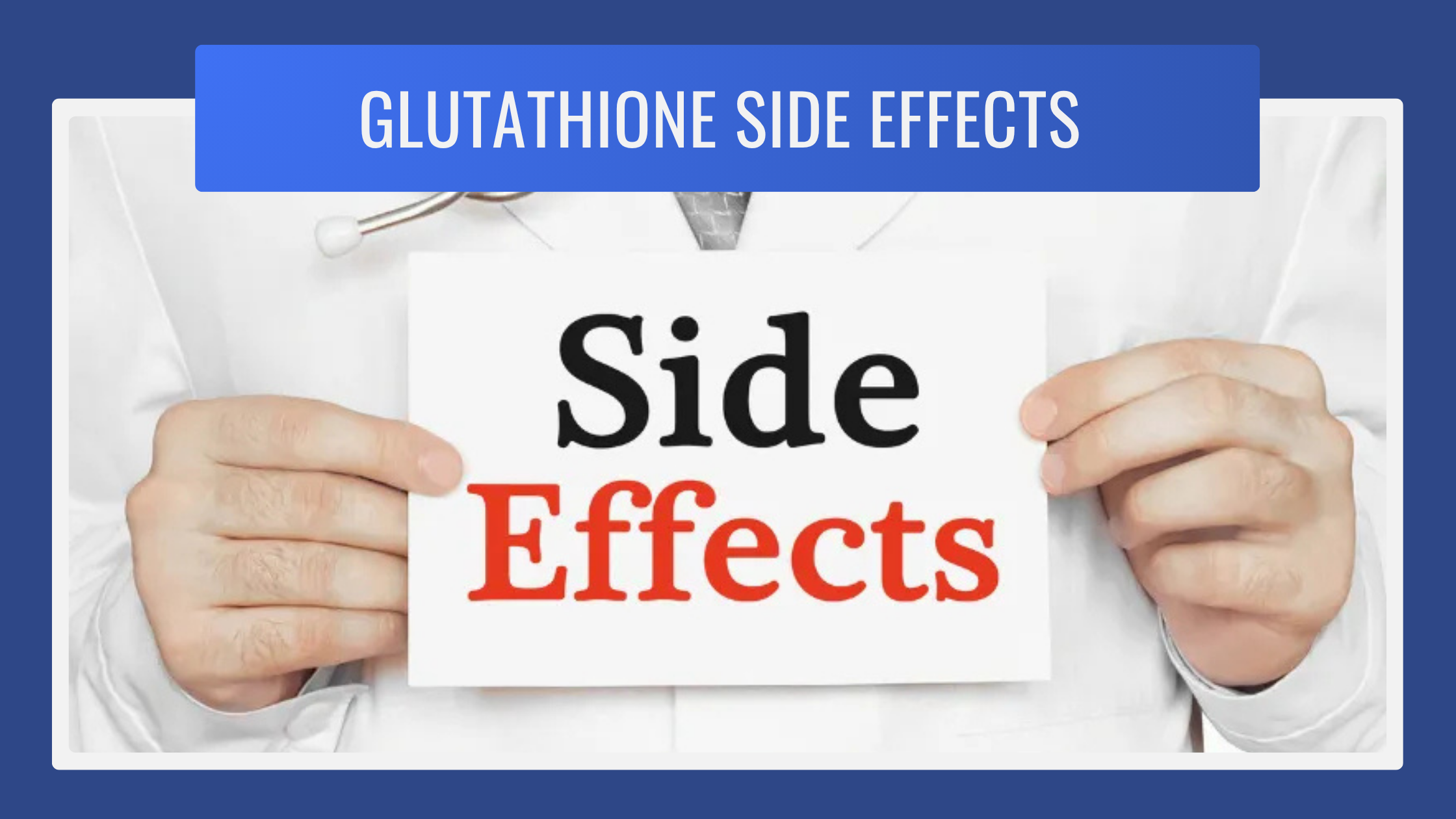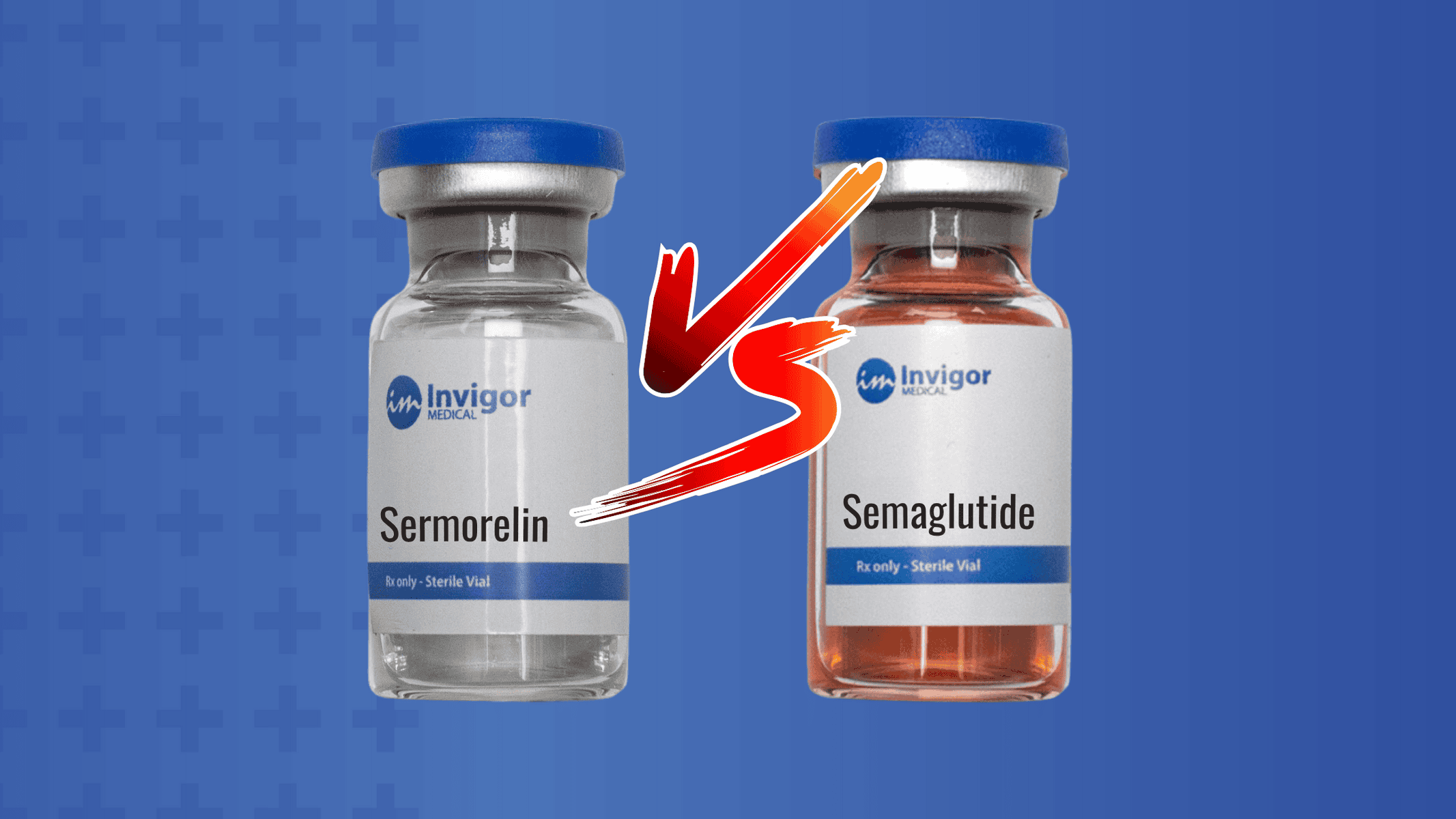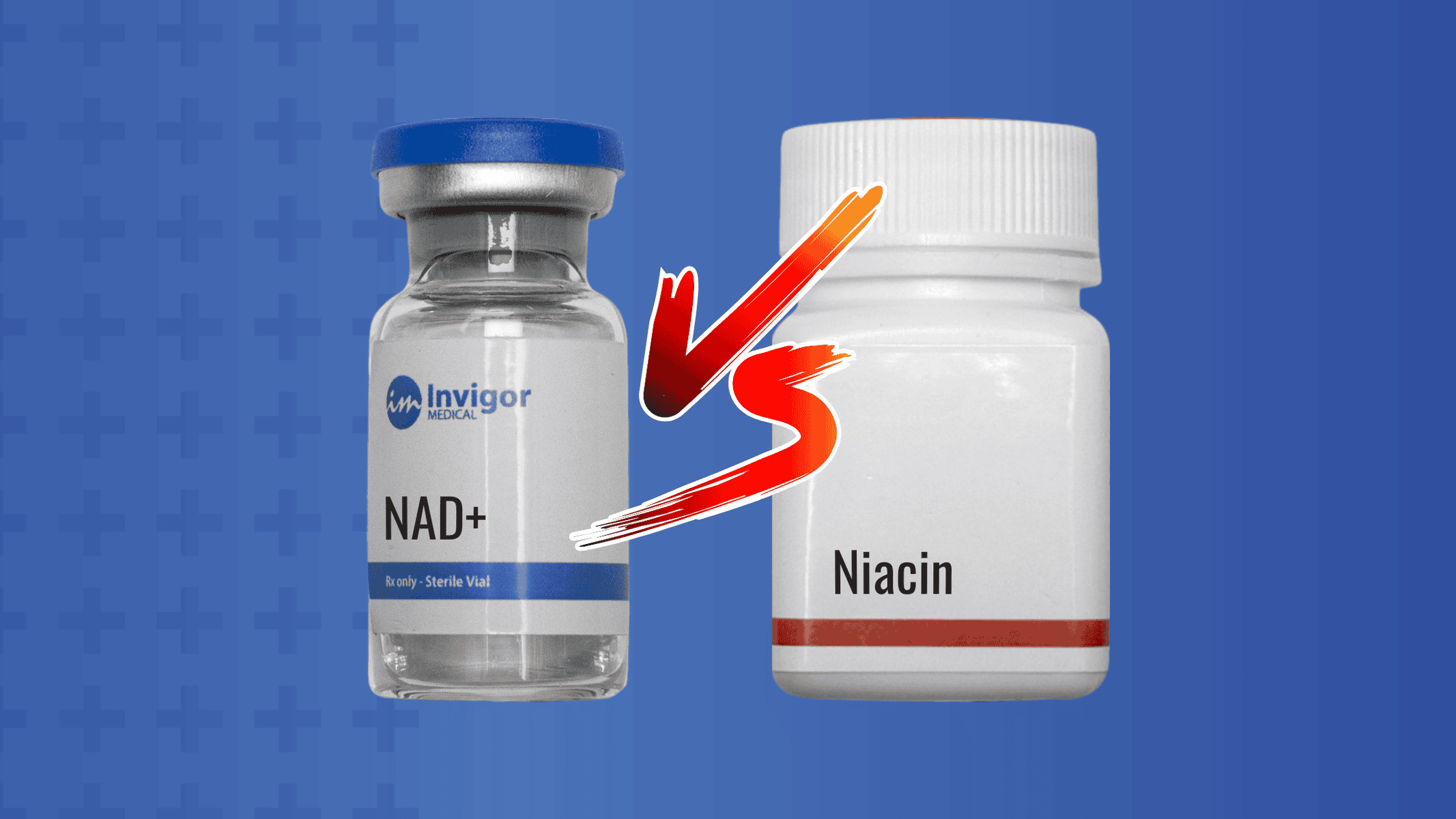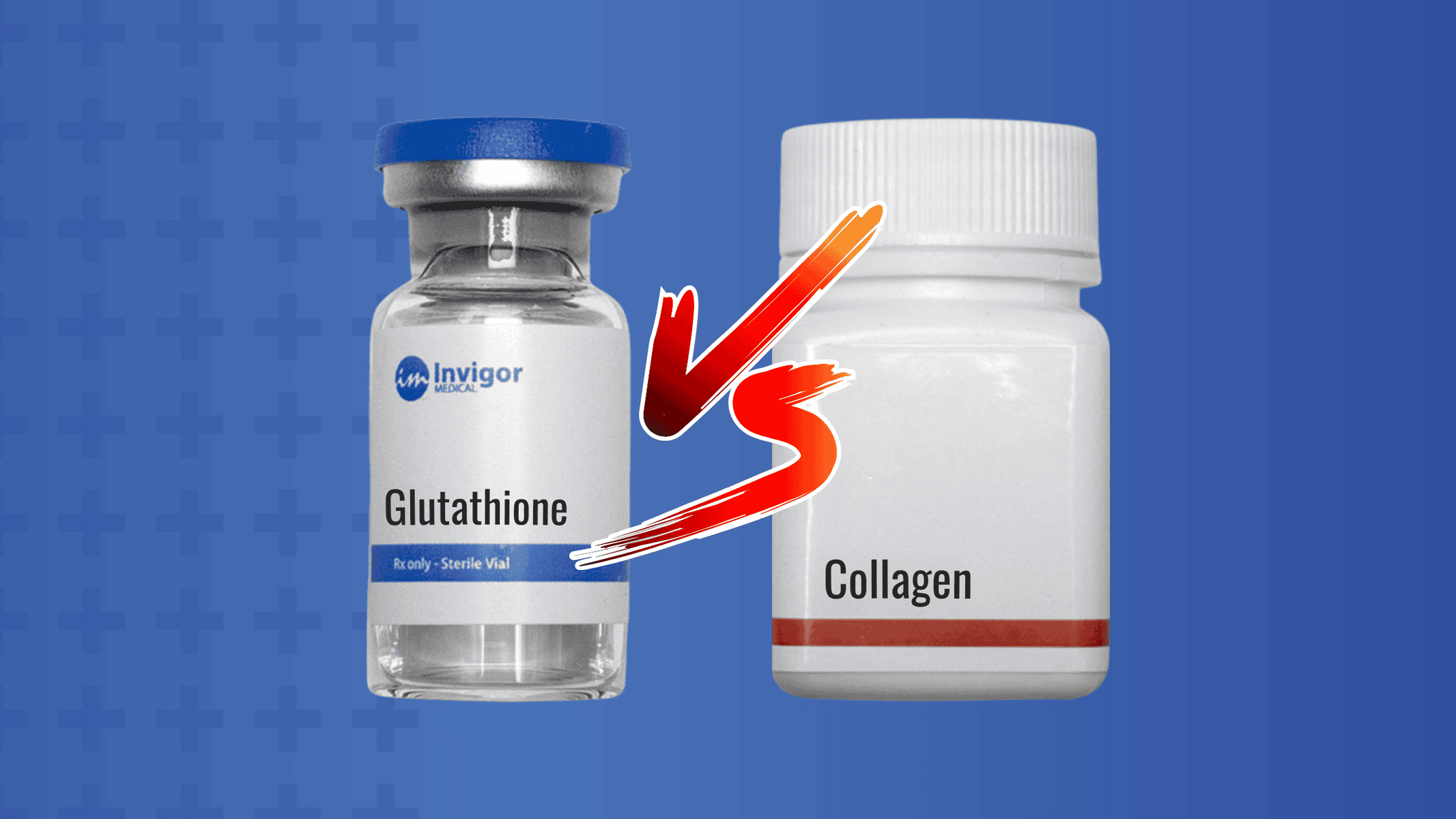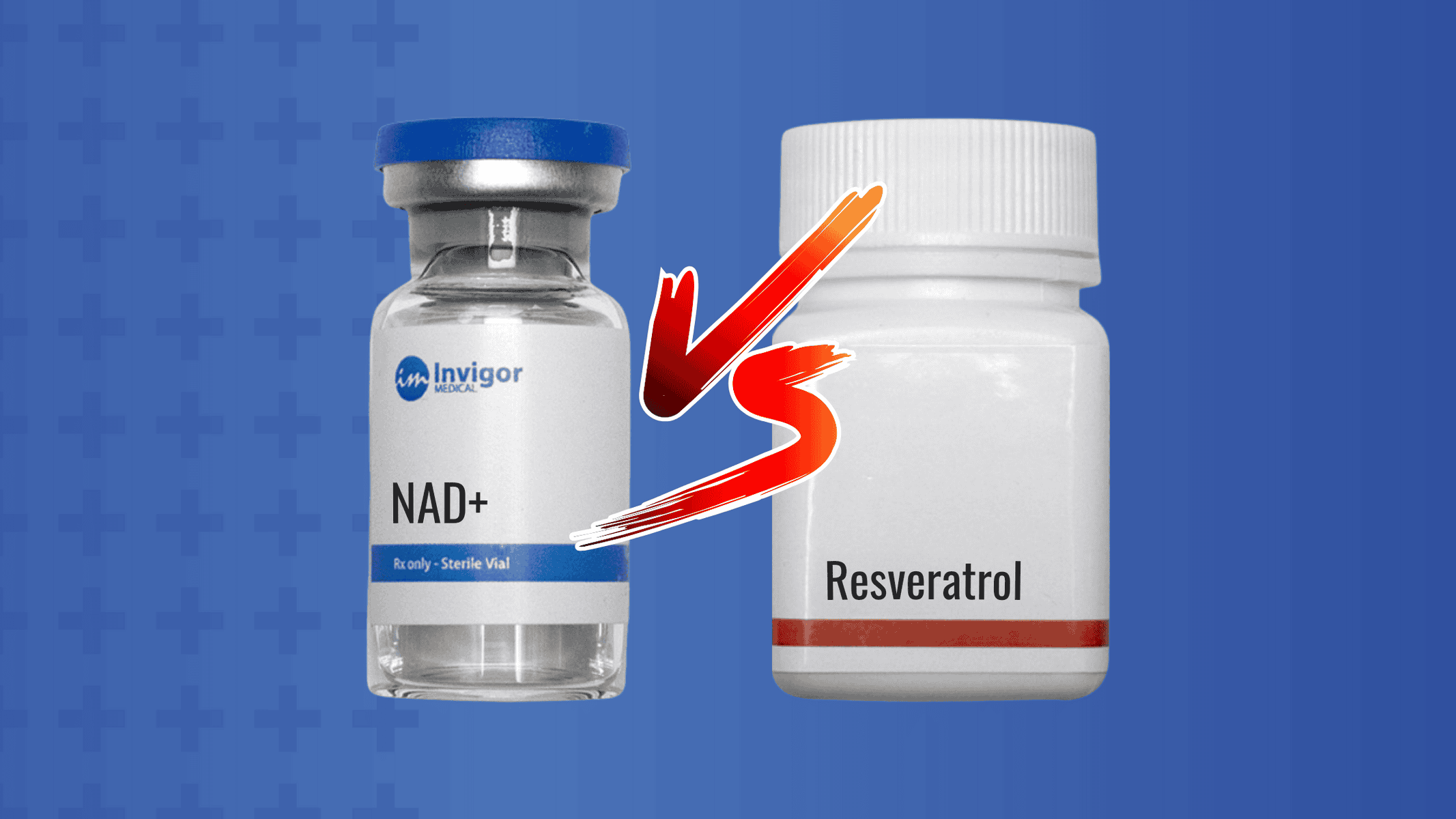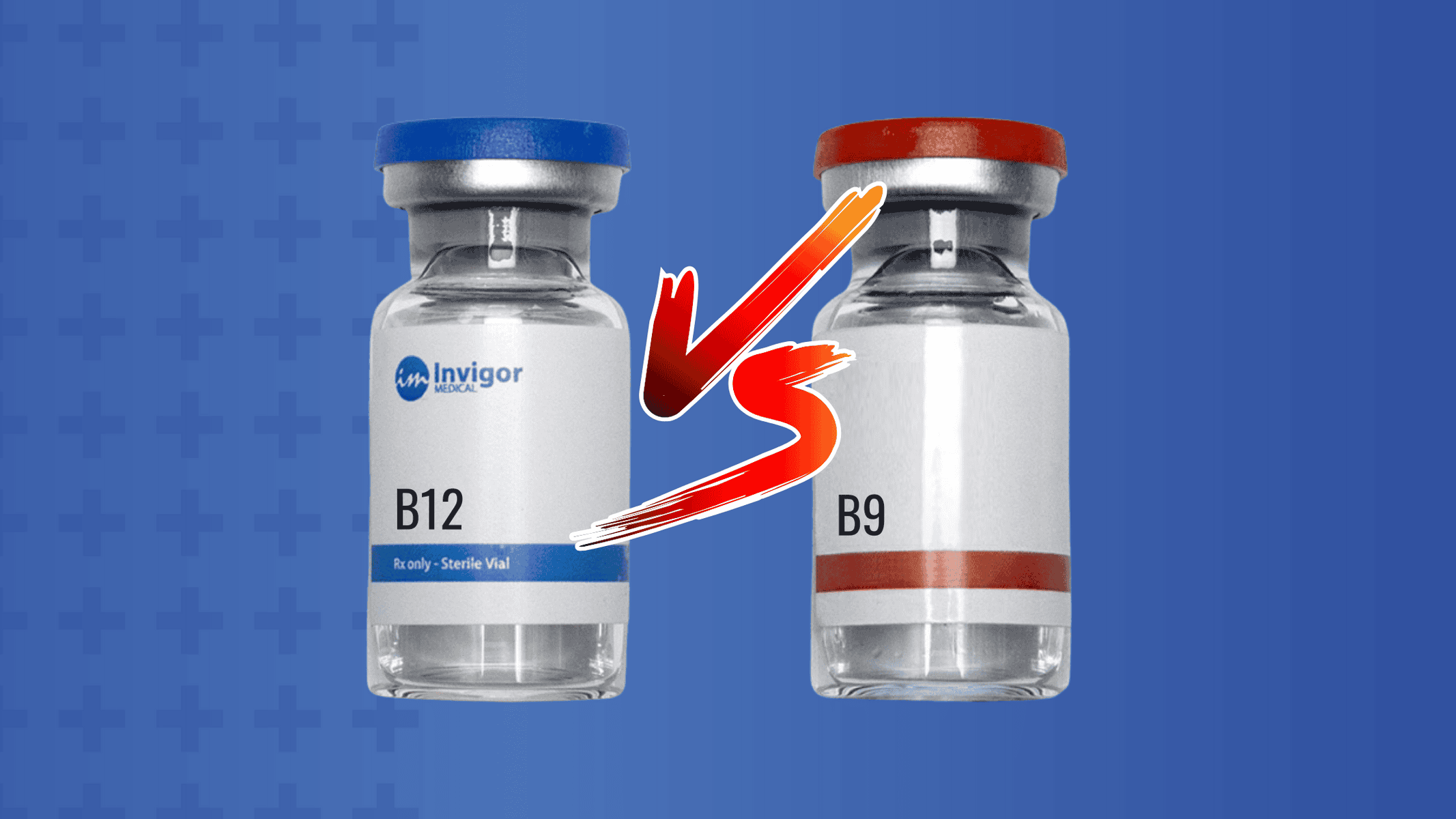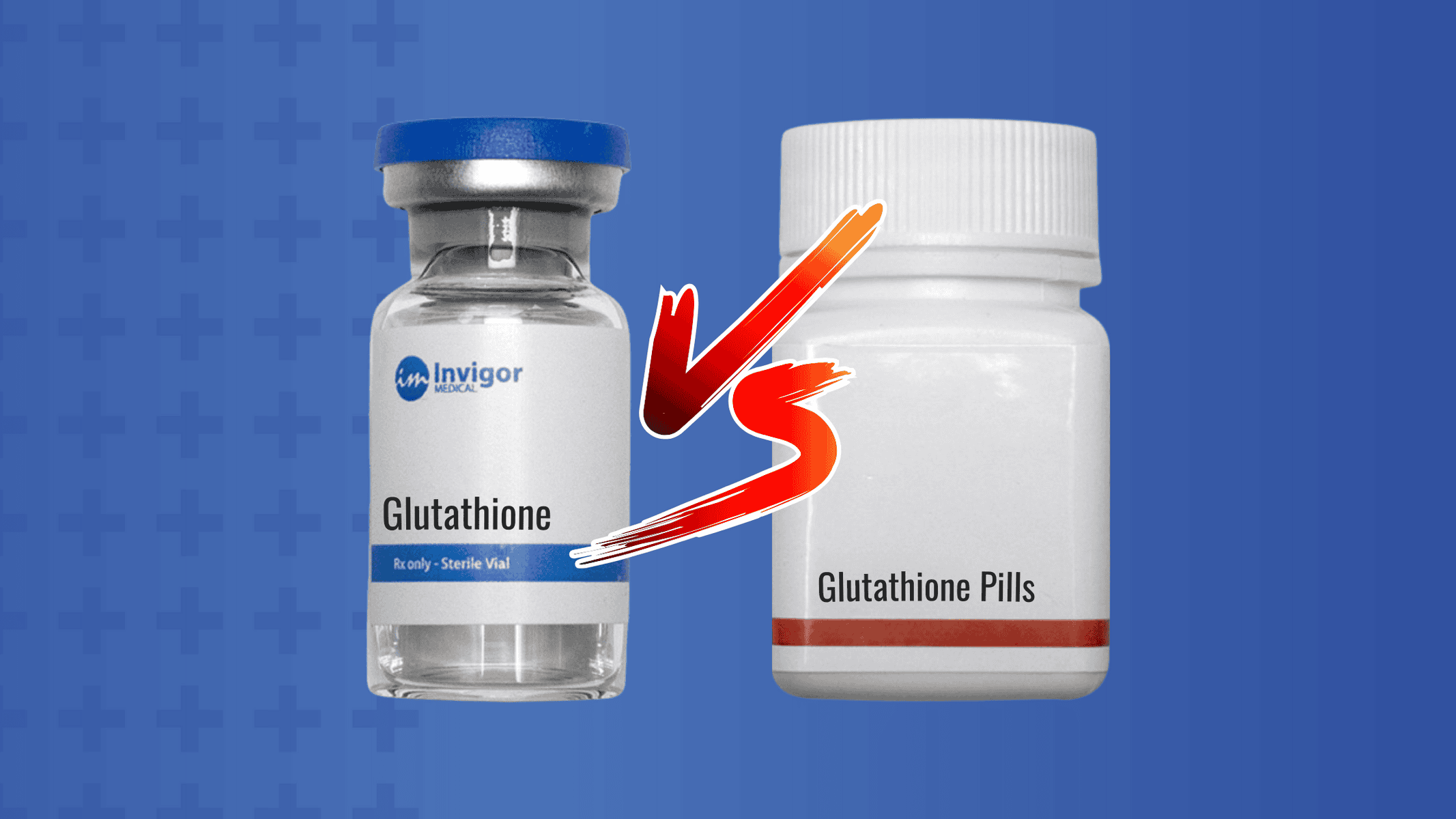Glutathione (GSH) is an antioxidant produced in the body and found in foods and glutathione supplements. As an antioxidant, glutathione protects your cells against oxidative stress and against age-related declines.
Medical conditions, environmental factors, poor nutrition, and stress are associated with low glutathione levels, leading many people to take glutathione supplements to support their overall and cognitive health.
Table of Contents
Glutathione Benefits
Glutathione comprises three amino acids: cysteine, glycine, and glutamate.
Low glutathione levels are more common with age and in people exposed to environmental stressors.
Glutathione has the following potential benefits:1,2,3
- Reducing inflammation
- Supporting the immune system
- Detoxifying the liver
- Improving skin health
- Lightening skin color
- Improving insulin resistance
- Recycling other antioxidants
- Supporting sperm production
Glutathione can also protect your cells from threats such as:4
- Chronic diseases
- Chronic stress
- Dietary deficiencies
- Environmental toxins, pollution, and radiation
- Excessive alcohol consumption
- Excessive or prolonged physical activity
- Infections
- Sleep deprivation
- Smoking
- Unhealthy dietary choices

Side Effects of Glutathione: What You Need to Know
Side effects can vary depending on whether you take glutathione orally or via injection. Here’s what you need to know, how to address common symptoms, and when to stop use immediately.
Side Effects of Oral Glutathione
Oral glutathione supplements are generally well tolerated, but some people may experience:5,7,8
- Gastrointestinal symptoms: Bloating, abdominal cramps, flatulence, nausea, and diarrhea are the most commonly reported issues.
- Headaches: Some users report mild headaches, especially when starting supplementation.
- Allergic reactions: Rarely, oral glutathione can cause skin rashes, hives, or swelling.
- Unpleasant taste: The sulfur-like taste of glutathione may be off-putting for some.
How to Address Oral Side Effects
- Mild gastrointestinal symptoms: Try taking glutathione with food, reduce your dosage, or split your dose throughout the day.
- Headaches: Ensure you are well hydrated and consider lowering your dose if headaches persist.
- Unpleasant taste: Capsules or flavored formulations may help mask the taste.
Symptoms That Signal Immediate Cessation
Stop taking glutathione and seek medical attention if you experience:5,7,8
- Allergic reactions: Rash, hives, swelling of the face or throat, or difficulty breathing.
- Severe gastrointestinal distress: Persistent vomiting or diarrhea that leads to dehydration.
- Any new or worsening symptoms: Especially if you have underlying health conditions or take other medications.

Side Effects of Glutathione Injection
Injectable glutathione delivers higher concentrations directly into your bloodstream. This route carries a higher risk of certain side effects:5,7,8
- Allergic reactions: Hives, swelling, difficulty breathing, or severe skin reactions (e.g., Stevens-Johnson syndrome).
- Gastrointestinal issues: Nausea, abdominal cramps, and diarrhea can occur.
- Headaches and dizziness: Some people feel lightheaded or develop headaches after injections.
- Skin sensitivity: Redness, irritation, or rashes at the injection site.
- Potential organ effects: Rarely, high doses may impact liver or kidney function.
How to Address Injection Side Effects
- Mild injection site reactions: Apply a cold compress and keep the area clean.
- Mild headaches or dizziness: Rest in a safe environment and stay hydrated.
- Gastrointestinal symptoms: These usually resolve on their own, but notify your provider if they persist.
Symptoms That Signal Immediate Cessation
Stop glutathione injections and seek immediate medical care if you experience:
- Severe allergic reactions: Difficulty breathing, swelling of the face or throat, or severe skin reactions.
- Signs of organ dysfunction: Unexplained fatigue, yellowing of the skin or eyes, dark urine, or significant changes in urination.
- Persistent or worsening symptoms: Any side effect that does not improve or rapidly worsens.
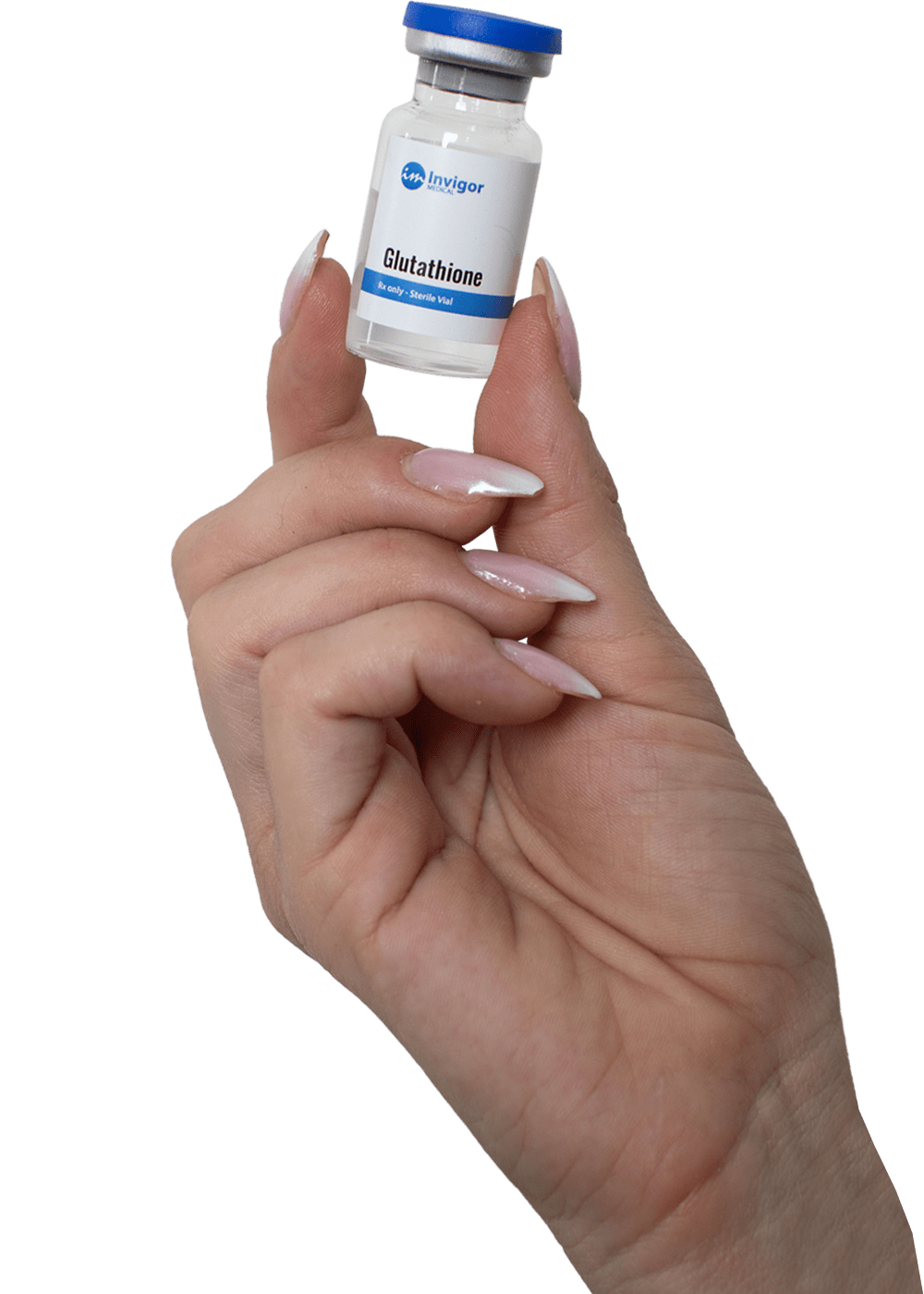
Glutathione Dosage
There is some debate on the effectiveness of oral glutathione, as digestive enzymes in the stomach may break it down.5
However, researchers found that when participants in a clinical trial took either 250 or 1000mg of glutathione by mouth daily, they had significant increases in their body stores of glutathione. However, more research is needed to determine the long-term safety profile of glutathione.10
They also found that the glutathione increase was proportional to the dose, meaning the more they ingested, the more their body’s glutathione increased.8
Glutathione Injection
The recommended dosage for IV injections of glutathione is unclear. Some manufacturers recommend a dose between 600 and 1200 mg injected once or twice weekly, though research does not support this.10
Natural Ways To Get More Glutathione
In addition to supplements, high-quality sleep, exercise, and a nutritious diet are essential to maintain or boost glutathione levels.
Implement a Nutritious Diet
Glutathione can also be obtained by consuming foods naturally rich in glutathione.
Foods that can boost your glutathione levels naturally include:
- Asparagus
- Avocado
- Broccoli
- Cabbage
- Cucumber
- Garlic
- Green beans
- Green tea
- Kale
- Leeks
- Meats
- Mushrooms
- Onions
- Papaya
- Pomegranate juice
- Spinach
- Whey
Choose a well-balanced, nutritious diet focusing on minimally processed whole foods to boost your glutathione levels naturally.

Be Mindful of Sleeping Habits
Sleep is an active process during which your body processes waste, repairs cells, and removes toxins. It is essential to have high levels of antioxidants to support these processes, but to get the best results, ensure you get 7 to 9 hours of restful sleep each night.
Sleep deprivation is associated with decreased glutathione levels and increased oxidative stress.8
Exercise Often
Regular exercise is another excellent way to boost your glutathione levels, and it has many other benefits as well!
As your body adapts to increased exercise, it stores more glutathione to deal with the increased oxidative stress associated with exercise.
While all exercise is important, aerobic exercise boosts glutathione levels the best.9 After exercising, ensure your body has plenty of time to rest and recover.
Conclusion to Glutathione Side Effects
Whether you’re starting glutathione or looking, choosing a supplement from a reputable source is crucial.
Compounding pharmacies offer injectable glutathione from FDA-registered facilities (though the medications are not approved for safety and efficacy).
